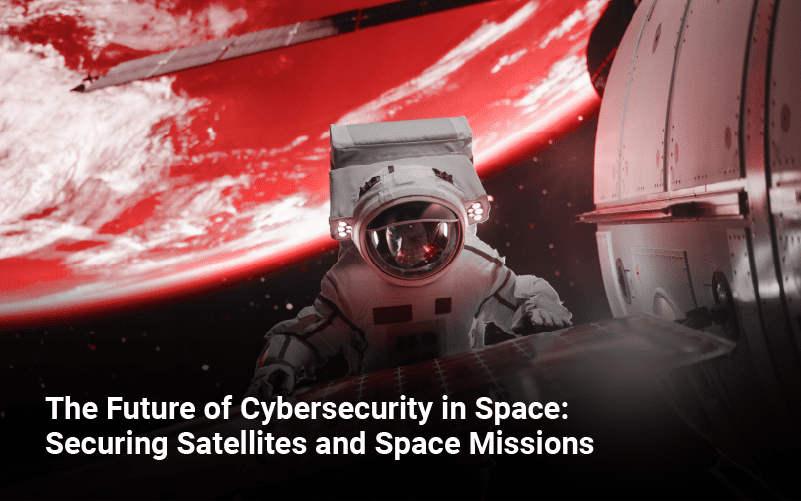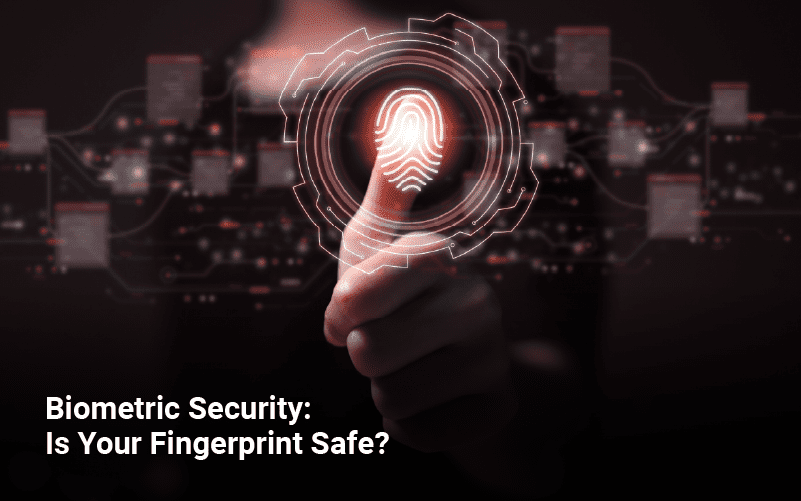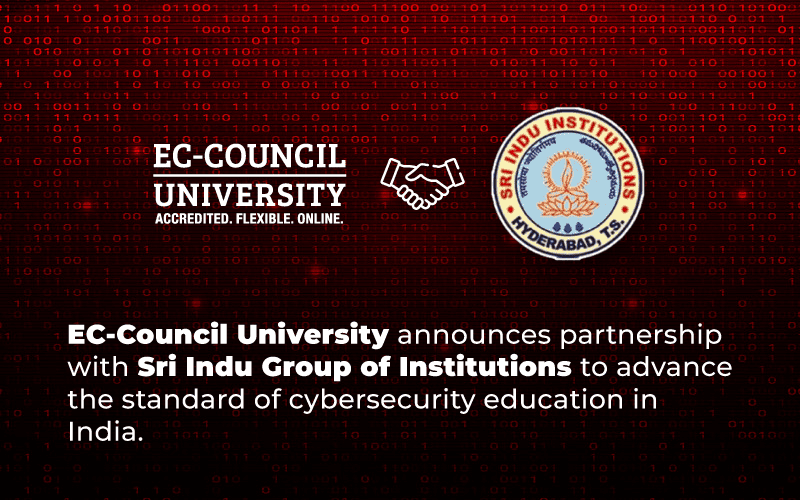As humanity ventures further into space exploration and satellite deployment, cybersecurity in space has become a pressing concern. Space missions rely on interconnected systems that are increasingly susceptible to cyber threats. The rapid expansion of satellite networks, space-based communication, and critical infrastructure orbiting Earth presents new cybersecurity challenges. As adversaries develop more sophisticated hacking techniques, the security of space missions, including satellite security threats, must be prioritized.
The Growing Importance of Space Cybersecurity
The reliance on space technology has never been greater. From GPS navigation to weather forecasting, defense operations, and global communications, satellites play a crucial role in modern society. However, with greater dependence comes increased risk. Space cybersecurity challenges, such as cyberattacks on satellites, unauthorized access to spacecraft control systems, and data breaches, threaten the integrity of space missions. Addressing space mission cybersecurity is no longer optional; it is necessary for national security, commercial enterprises, and scientific exploration.
Key Cybersecurity Threats to Space Missions
1. Hacking Satellites
One of the most alarming threats to space missions is the possibility of hacking satellites. Cybercriminals or state-sponsored actors could infiltrate satellite control systems, disrupt communications, or even hijack entire satellites. In 2022, the Viasat KA-SAT satellite network faced a significant cyberattack, disrupting European internet services. This incident underscores the need for robust space cybersecurity measures to prevent similar threats in the future.
2. Data Interception and Spoofing
Satellites transmit vast amounts of sensitive data, including military intelligence, financial transactions, and personal communications. Cybercriminals can intercept satellite signals, alter or manipulate data, and deceive users with false information. GPS spoofing, for example, has been used to mislead navigation systems, affecting both military and civilian applications.
3. Supply Chain Vulnerabilities
The space industry relies on a complex supply chain, including hardware, software, and third-party vendors. If an adversary compromises any component within the supply chain, it could introduce vulnerabilities into space systems, leading to malware infections, unauthorized access, or satellite failures. Protecting the space mission cybersecurity supply chain requires rigorous security assessments and trusted partnerships.
4. Denial-of-Service (DoS) Attacks
Denial-of-service attacks can disrupt satellite communications by overwhelming systems with excessive traffic. Such attacks can hinder military operations, financial transactions, and emergency response services, making them a significant cybersecurity concern in space.
5. Quantum Computing Threats
As quantum computing advances, traditional encryption methods may become obsolete. Satellites rely heavily on cryptographic protocols to protect communications. If quantum computers render these encryption techniques ineffective, adversaries could decrypt sensitive information transmitted via satellites, posing a critical threat to space security.
Strategies for Enhancing Space Cybersecurity
Advanced Encryption Technologies:
Space agencies and private enterprises must adopt advanced encryption techniques to counter satellite security threats. Post-quantum cryptography is an emerging field that can enhance the security of satellite communications against future quantum-based attacks.
Zero-Trust Security Framework:
A zero-trust approach assumes that no entity whether inside or outside the network—should be automatically trusted. Implementing zero-trust architecture in space cybersecurity involves continuous monitoring, multi-factor authentication, and strict access controls to safeguard space assets from cyber threats.
Artificial Intelligence and Machine Learning:
AI-driven cybersecurity solutions can help identify and mitigate space cybersecurity challenges in real time. Machine learning algorithms can investigate network traffic patterns, detect anomalies, and predict potential cyberattacks, allowing proactive defense mechanisms to be implemented.
Space Mission Cybersecurity Standards:
Standardized cybersecurity protocols for space missions must be developed and enforced. Organizations such as NASA, the European Space Agency (ESA), and the U.S. Space Force are working on cybersecurity guidelines to protect space infrastructure. International cooperation is essential to establishing a secure framework for all space-faring nations.
Redundant and Resilient Systems:
Building redundancy into space systems ensures that backup systems can take over if one satellite or communication link is compromised. This approach minimizes the effect of cyberattacks and enhances the resilience of space missions.
The Role of Government and Private Sector in Space Cybersecurity
Governments and private enterprises must collaborate to enhance cybersecurity in space. As space exploration and commercial space activities open out, so do the risks associated with cyber threats. Space-faring nations need to invest in research, establish regulatory frameworks, and conduct cybersecurity drills to prepare for potential attacks. Private companies, such as SpaceX, Amazon’s Project Kuiper, and OneWeb, which operate satellite constellations, must integrate cybersecurity best practices into their operations. Protecting space missions from hacking, satellite security threats, and other cyberattacks demands a proactive approach, incorporating advanced encryption, AI-driven defense mechanisms, and international cooperation. By prioritizing space cybersecurity, we can ensure the safety and integrity of space assets, safeguarding the future of space exploration and satellite technology for generations to come.
EC-Council University recognizes the importance of cybersecurity in space and provides cutting-edge education and training in this field. With programs designed to equip professionals with the skills needed to tackle modern cybersecurity challenges, EC-Council University is committed to shaping the future of cybersecurity leaders who can protect critical space infrastructure and beyond.








